I Love You Babe: What does “Baobei” mean in China?
As a Chinese teacher, among the many interesting questions about learning Mandarin Chinese asked by my students, there is one that left me a very deep impression: One day, a young man from the US asked me “What does ‘ bǎobèi ’ mean?”

I was quite surprised to hear that because this should not be a difficult word for my students who had been learning Chinese for a while, or at least I thought so…
So I didn’t answer him directly but instead asked back “You don’t know what it means?!” He reacted a little shyly and said “Well, I know it means ‘baby’…I just want to figure out if that’s the only meaning of this word? Or, if it has any other use that I don’t know yet?”
As I started to think about how to explain this word in a correct context to him, he went on explaining: “Yesterday, my Chinese girlfriend accidentally sent me a message with this word and it confused me that she called someone else ‘baby’ other than me…”
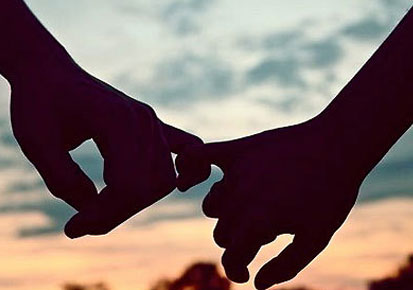
I finally found out what he was worried about. It makes good sense for someone to worry why their lover would call someone else “baby”. It later turned out that his girlfriend was talking with a customer service guy on Taobao, one of the largest E-commerce platform in China, about something she just bought: It is very common in China for people to call the item they bought online as “baby”. Read about how to say I love you and other expressions in Chinese?
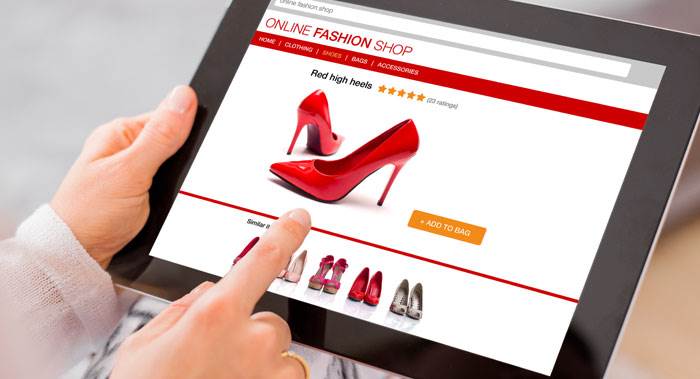
In fact, this is not a single case. Many Chinese learners have questions about the word “ bǎobèi ” (宝贝, Baby ). After all, calling a young kid “baby” has a completely different feeling and context from saying this to a lover. Especially when taking the cultural difference between China and other countries into consideration, the usage of a word like this could be quite tricky!
Today, let’s take a thorough look at the word “ bǎobèi ” so that in the future you can use this word correctly without feeling embarrassed.
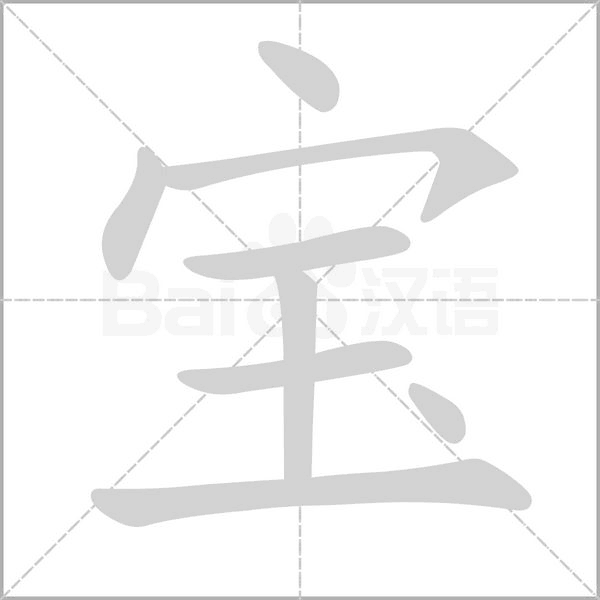
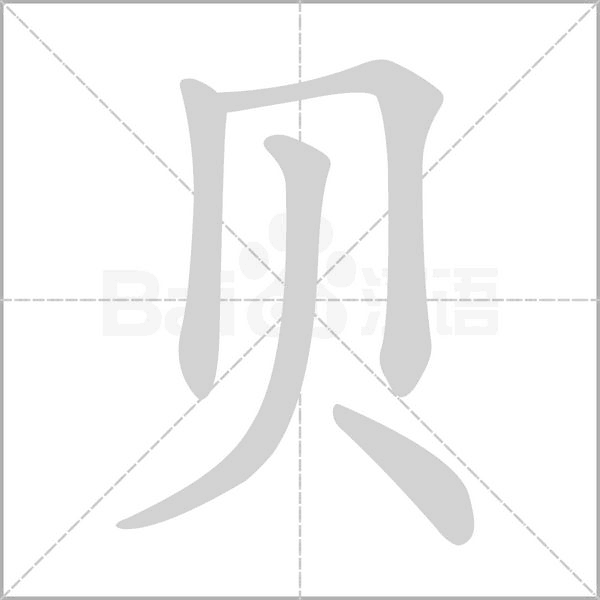
Here are the basic meanings of the word “宝贝”
-
Treasure, precious things.
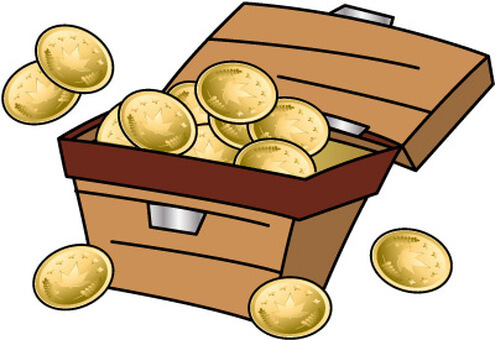
From Illust AC -
Baby, little children.

From Youtube -
Darling.

From CRI
Among the three main meanings of “宝贝” listed above, the first one, treasure, is the closest to its original meaning back in ancient time. We will talk about the etymology of it later.
First things first: How to use this word in a correct context?
The most commonly used meaning of Baobei is similar to “baby” in English, it’s used to refer to a lover or a young child.
Between two lovers, “宝贝” is more commonly used to refer to the female party rather than the male. But there’s nothing wrong in calling your boyfriend “宝贝”!
You can also call a young child “宝贝” to show your love. In this scenario, the word carries more meaning of cuteness.
It is quite common to use it as an adjective before words like “老婆” (wife, lǎopo), “女儿” (Daughter, nǚér ), “儿子” (son, ér’zi). You can say “宝贝老婆” (bǎobèi lǎopo, Dear wife), “宝贝儿子” (bǎobèi ér’zi, baby son) in personal and intimate settings. For example, when two female friends are chatting, one might ask the other:
老婆
女儿
儿子
Nǐ de bǎobèi ér’zi jǐsuì le ?
你的宝贝儿子几岁了?
“How old is your son?”

It is also natural for a man to say this to his wife:
Bǎobèi lǎopo ,zánmen wǎnshang chī shénme ?
宝贝老婆,咱们晚上吃什么?
(Darling, what are we going to eat tonight?)
Of course, people still use “宝贝” to refer to something they think is highly valuable and they love a lot, like for a man, his “宝贝” could be a fancy new car or a cool watch, for a woman, her new shoes, purse could be her “宝贝”. But this usage of “宝贝” has a hilarious tone and will not be used in a formal situation. Consider “baby” in English. Interestingly, even when using this word to refer to a thing, the word has a personification effect!
Zhè liàng bǎomǎ kěshì tāde bǎobèi !
这辆宝马可是他的宝贝!
This BMW is his baby!

In spoken Chinese, you can add the affix “儿” (ér) after “宝贝” to make it sounds more intimate. It is not uncommon for two female best friends to call each other “宝贝儿” (bǎobèir). You can also call someone or something, or your pet “大宝贝/小宝贝” (dà bǎobèi, xiǎo bǎobèi, big/little baby).
宝贝儿
大宝贝/小宝贝
“宝贝” has also been a popular internet word in China recently. Due to the rapid development of online shopping, it has been widely used by the online shop owners and customer service staff to refer to what people buy from their shop. So if you have ever bought anything from big online platforms like Taobao or JD, you will not find it strange when you see this:
Nín de bǎobèi jiāngzài míngtiān sòngdá 。
您的宝贝将在明天送达。
Your “baby” will be delivered by tomorrow.
Another popular online word related to this scenario is “亲” (qīn) which has a few mixed meanings of “relatives, close friends, dears”. When a support guy says this word to you, it always means “my dear customer”. And almost all the online shops use this when they talk to their customers!
亲
“宝贝” is also used to refer to female models and beautiful girls, especially in sports games. So you can see phrases like “足球宝贝” (zúqiú bǎobèi) or “篮球宝贝” (lánqiú bǎobèi).(Football baby/ Basketball baby)
足球宝贝
篮球宝贝
Now I believe that you have gotten a better idea about the use of the word Baobei. Next, let’s explore the historical development of this word, mainly the second character, “贝” (bèi). It has something to do with a very important thing: money!
The original meaning of “贝”
In ancient times, the character “贝” originally referred to seashells, an early currency. This is because shells were rare objects to ancient Chinese mainlanders who lived far from the sea. So, the pictographic character “贝” received another meaning, money. Gradually, the meaning was extended to mean valuable or precious things.
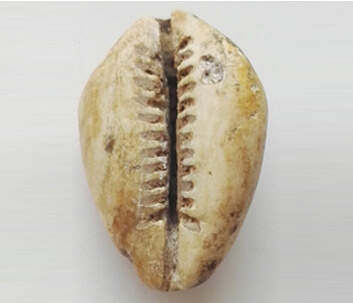

“贝”, as a radical, helps to form many other characters all of which have money-related meanings, like wealth and treasure. Two examples are “账” (zhàng, bills) and “财” (cái, wealth).
账
财
Meanwhile, the original meaning of “贝”, seashells, has been kept until today. As most words in Chinese today are formed by two characters, seashells in Chinese is “贝壳” (bèi ké).
But today, “宝贝” doesn’t have much to do with seashells, except for children who love to collect “贝壳” by the seaside!
Register to Book A Free Chinese Class for Your Child
Copyright Notice: Everyone is welcome to forward the articles in this blog as long as the links to these articles are also included.


This is really useful, thanks.